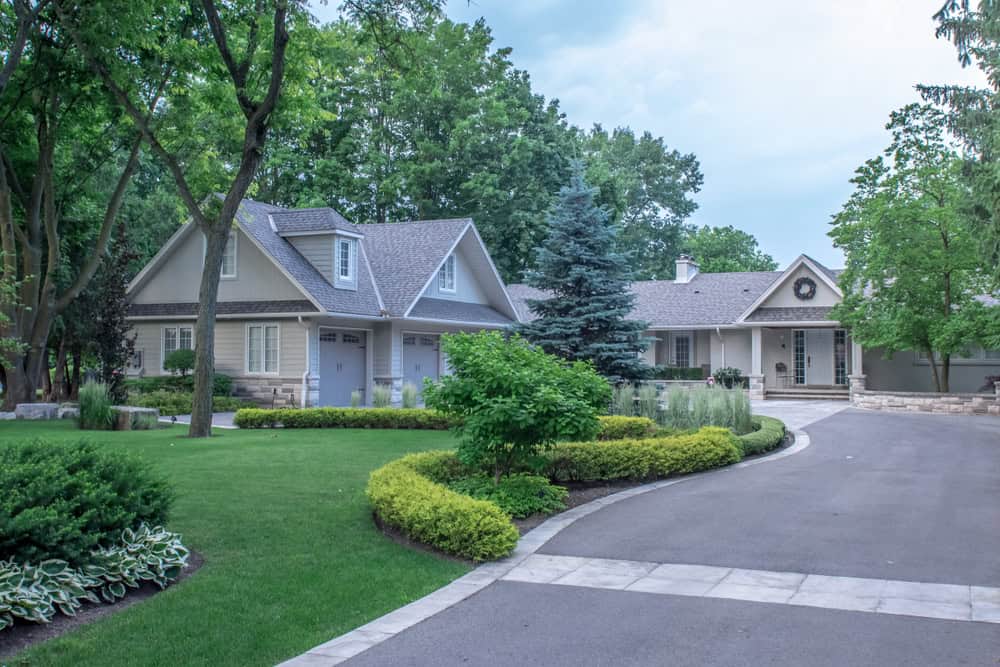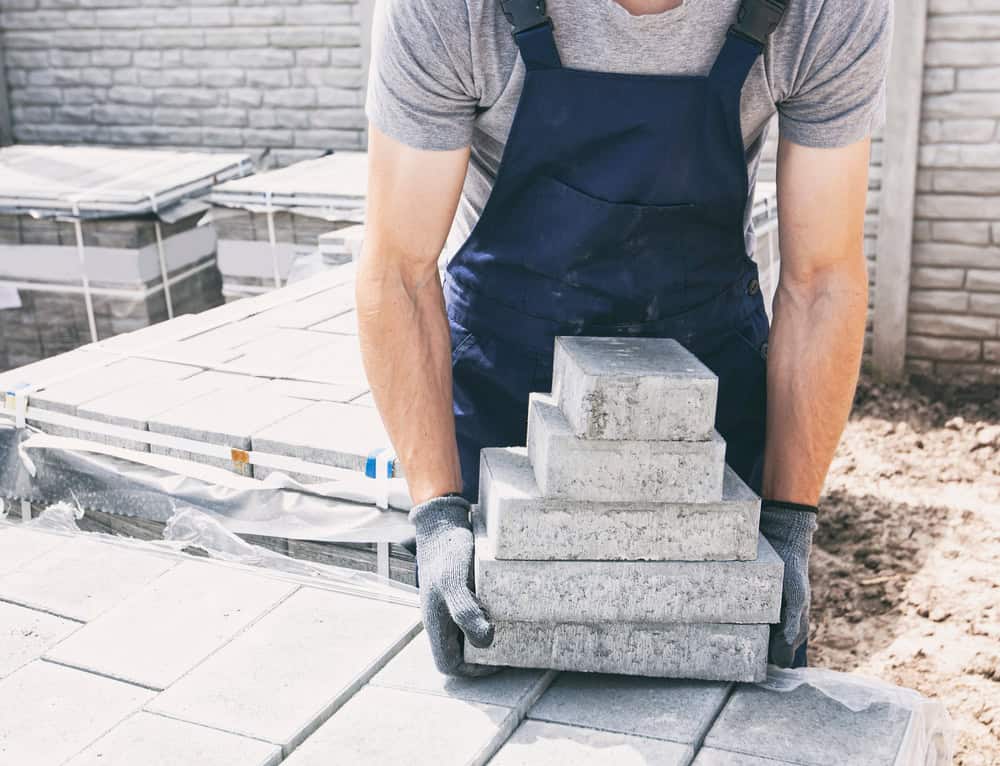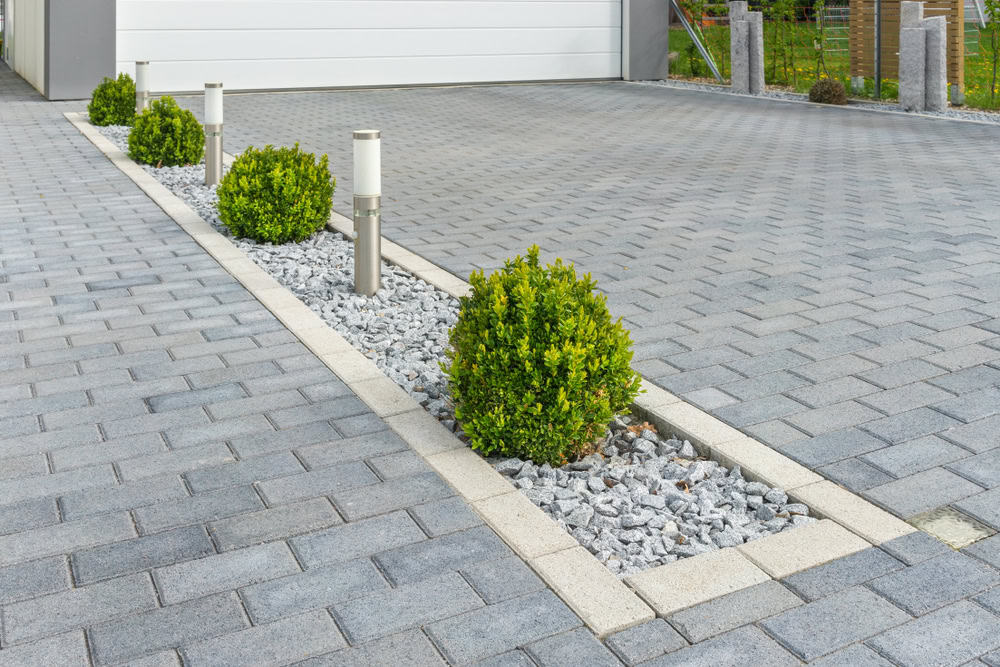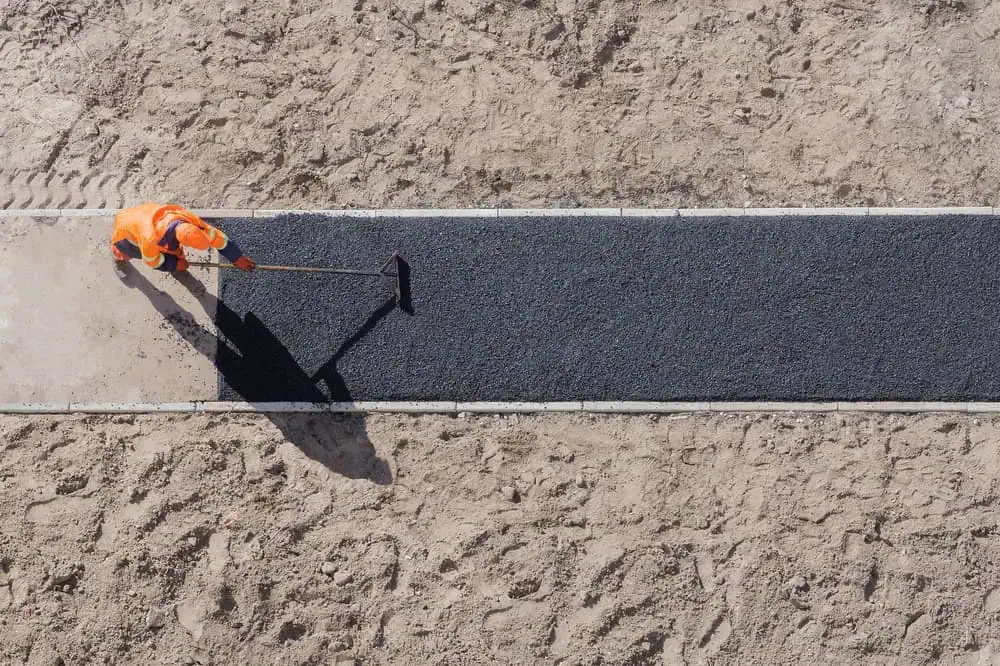Professional paver installation that transforms your property and stands up to New England weather year after year.


Your outdoor space becomes the part of your home you actually want to use. No more avoiding that cracked concrete patio or worrying about uneven surfaces when guests come over.
Properly installed pavers handle freeze-thaw cycles without cracking. They drain water instead of pooling it. And when one does need replacement years down the road, you can swap it out without redoing the entire surface.
You get an outdoor area that looks intentional, feels solid underfoot, and adds real value to your Porter Square property. The kind of space that makes you glad you invested in doing it right the first time.
We’ve been handling paver installations throughout the Porter Square area for years. We understand how New England weather affects different materials and what it takes to build something that lasts.
You’re not getting a crew that learned paving techniques in Florida and moved north. We’ve dealt with frost heave, drainage issues, and the specific challenges that come with Massachusetts soil conditions.
Our team knows local building requirements and works with established material suppliers who stock quality products designed for this climate.

First, we assess your space and discuss what you want to achieve. We measure, check drainage, and explain what’s realistic for your budget and timeline.
Next comes excavation and base preparation. This is where most problems start if done wrong, so we dig to proper depth, install the right base materials, and ensure proper grading for water runoff.
Then we install your pavers according to manufacturer specifications, check for level and alignment, and finish with appropriate edge restraints and joint sand. You get a walkthrough of the completed work and care instructions.
The whole process typically takes 3-5 days depending on size and complexity. We clean up completely and make sure you’re satisfied before considering the job done.

Ready to get started?
Every paver installation includes proper excavation, base preparation with crushed stone, sand leveling, professional installation, and complete cleanup. We handle permits if required and coordinate material delivery.
You choose from concrete pavers, natural stone, or brick options that work well in Porter Square’s climate. We source materials from local suppliers who understand Massachusetts weather requirements and stock appropriate products.
Each project includes detailed preparation work that prevents future settling or drainage issues. We install proper edge restraints, use correct joint sand, and ensure the finished surface slopes away from your home. You get written documentation of materials used and care instructions for long-term maintenance.
